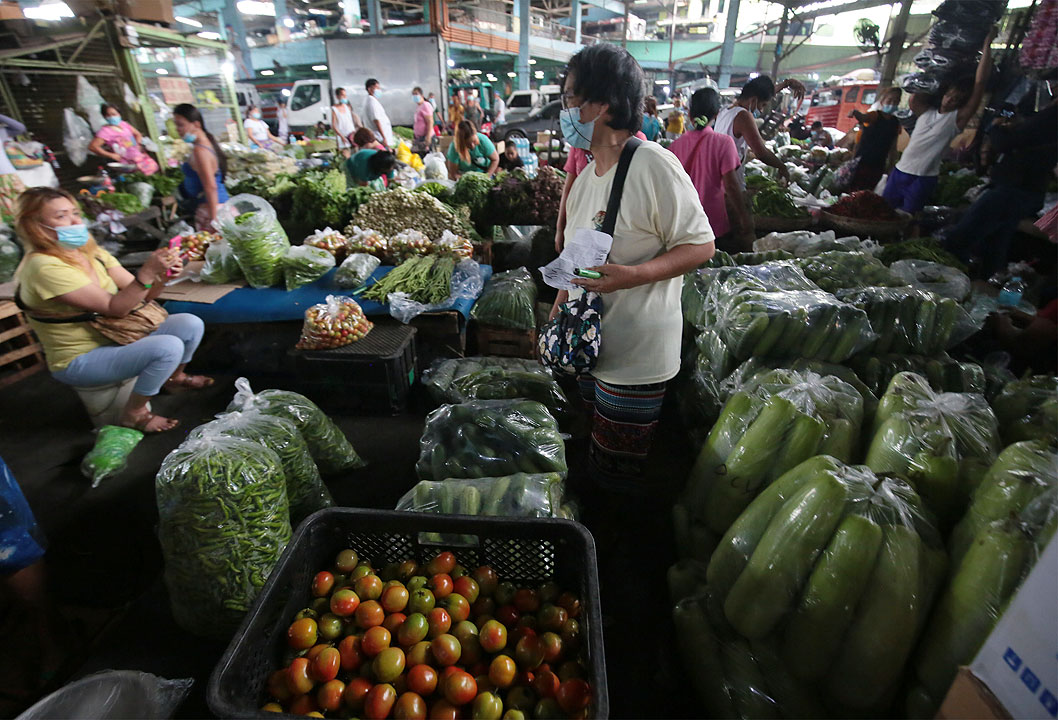PHL seen facing risk of imported inflation as currency weakens

THE PHILIPPINES is among those economies exposed to a heightened risk of imported inflation due to its depreciating currency, according to Nomura Global Markets Research.
“(I)nflation is already above central bank targets in four economies (India, South Korea, the Philippines and Thailand), all of which have sufficient (foreign exchange) reserve buffers to smoothen the pace of depreciation, but this would mean faster domestic liquidity withdrawals (India falls in this camp) or even higher inflation, if they allow the currency to adjust (the Philippines and Thailand), which could nudge these central banks even closer to policy exit, in our view,” Nomura said in a note on Monday.
The report, issued by research analysts Sonal Varma, Ting Lu, Euben Paracuelles, and Jeongwoo Park, classified the Philippines, along with Thailand and Indonesia, as economies experiencing “warm” inflation.
The analysts assessed inflation by looking at the trimmed mean and weighted median consumer price index of these economies.
“For the ASEAN-3 in the warm inflation bucket, the central banks can afford to be relatively patient for now, but we expect most to pivot in the coming months due to either rising inflation, fiscal or balance of payment risks,” it said.
Headline inflation in the Philippines rose to a three-year high of 4.9% in April. This reflected the impact of the Russia-Ukraine war on food, transport and utilities.
The central bank expects inflation to hit 4.3% this year, above its 2-4% target range, amid rising oil and commodity prices.
Nomura said currency weakness could worsen imported inflation risk at a time of already elevated commodity prices and supply chain disruptions.
Closing at P52.493 to the dollar on Monday, the peso is down by 2.9% from its level at the end of 2021.
Philippine dollar reserves totaled $106.75 billion at the end of April. This is equivalent to 9.4 months’ worth of imports of goods and payments of services and primary income.
The Monetary Board will convene for its third rate-setting of the year on May 19. — Luz Wendy T. Noble



